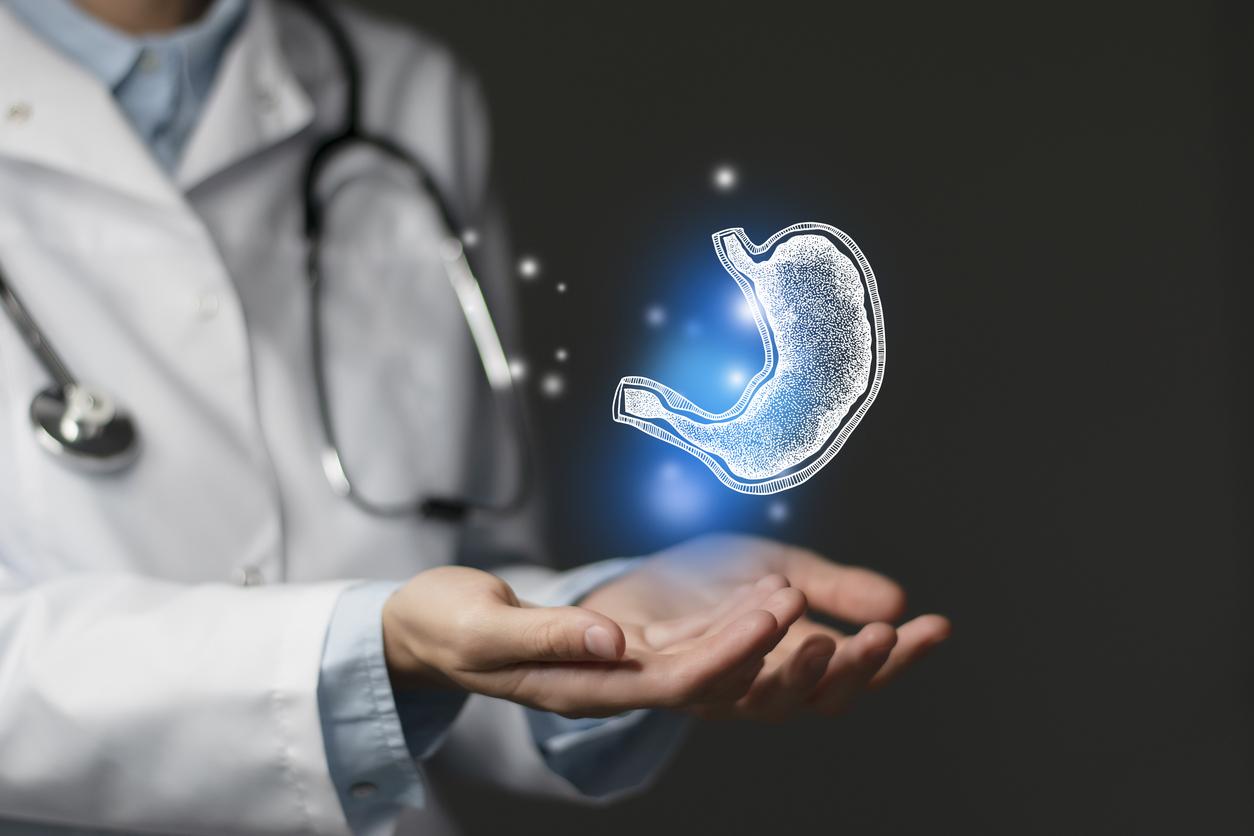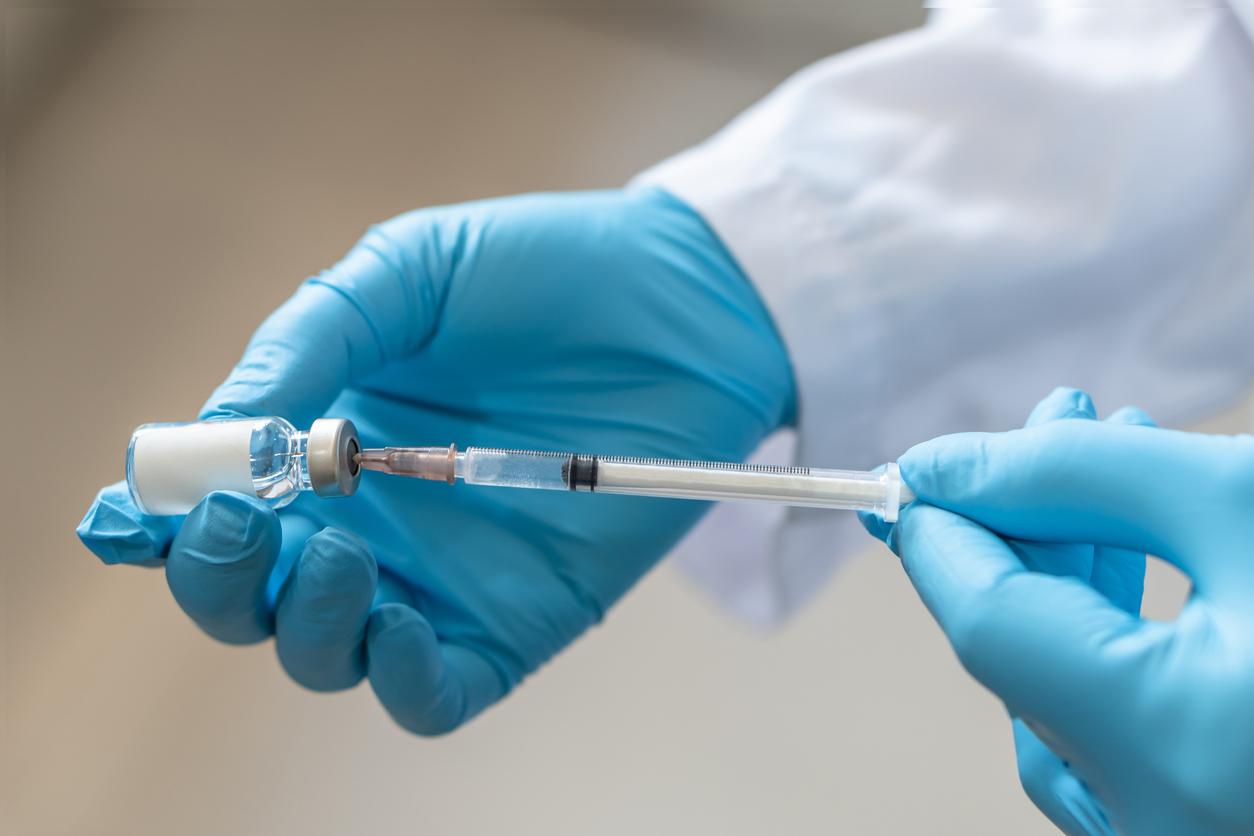Faced with an increase in medication prescriptions to treat gastroesophageal reflux disease (GERD), the High Authority of Health (HAS) presented its new recommendations to optimize the management of this regurgitation in infants.

- The High Authority of Health (HAS) has warned of a significant, often inappropriate, consumption of proton pump inhibitors (PPI) in cases of gastroesophageal reflux disease (GERD) in children under one year of age.
- Proton pump inhibitors are medications prescribed to reduce stomach acid secretion.
- To improve the management of GERD and reduce overmedicalization, the HAS has unveiled new recommendations intended for healthcare professionals.
Common in children under one year of age, gastroesophageal reflux disease (GERD) results in a passive rise of part of the gastric contents into the esophagus. In the majority of cases, it is a physiological GERD, which manifests itself by simple regurgitation which disappears naturally with dietary diversification and the acquisition of walking.
Often inappropriate use of PPIs in children under one year old
More rarely, babies can be affected by pathological GERD which can lead to complications. In this context, drug treatment can be implemented. Nevertheless, the High Authority of Health (HAS) observed “high, often inappropriate, consumption of proton pump inhibitors (PPIs), medications used to reduce gastric acid secretion” when a child has regurgitation. Improper use of these medications can cause adverse effects (nausea, diarrhea, constipation, etc.) and increase the risk of serious gastrointestinal or respiratory infections in toddlers. The health authority has therefore unveiled new recommendations intended for health professionals, in order to improve the management of GERD in children under one year of age and to limit overmedicalization.

How to distinguish physiological GERD from pathological GERD?
The too frequent use of PPIs would be linked to the fact that it is sometimes difficult to differentiate the two types of reflux, according to the HAS. To identify physiological GERD, the infant’s weight curve must be normal and symptoms that could indicate another pathology (jet or bilious vomiting, etc.) have been ruled out. In this situation, the regurgitation does not show signs of seriousness. The child therefore does not need to be tested or receive drug treatment. Hygiene-dietary measures are enough to relieve it.
“Crying, irritability or sleep disturbances are common in infants and do not alone identify pathological GERD,” recalled the HAS in a press release published on March 19. However, several signs can alert you to pathological GERD such as the presence of traces of blood in regurgitation, repeated refusal of the bottle, a break in the weight curve or a failure of measures already put in place. “In their presence, the HAS specifies the action to be taken depending on each situation. The HAS therefore recommends using these medications only when justified and following additional examinations (pH-metry or esophagogastroduodenal endoscopy) to confirm the diagnosis of pathological GERD.we can read in the document.

















